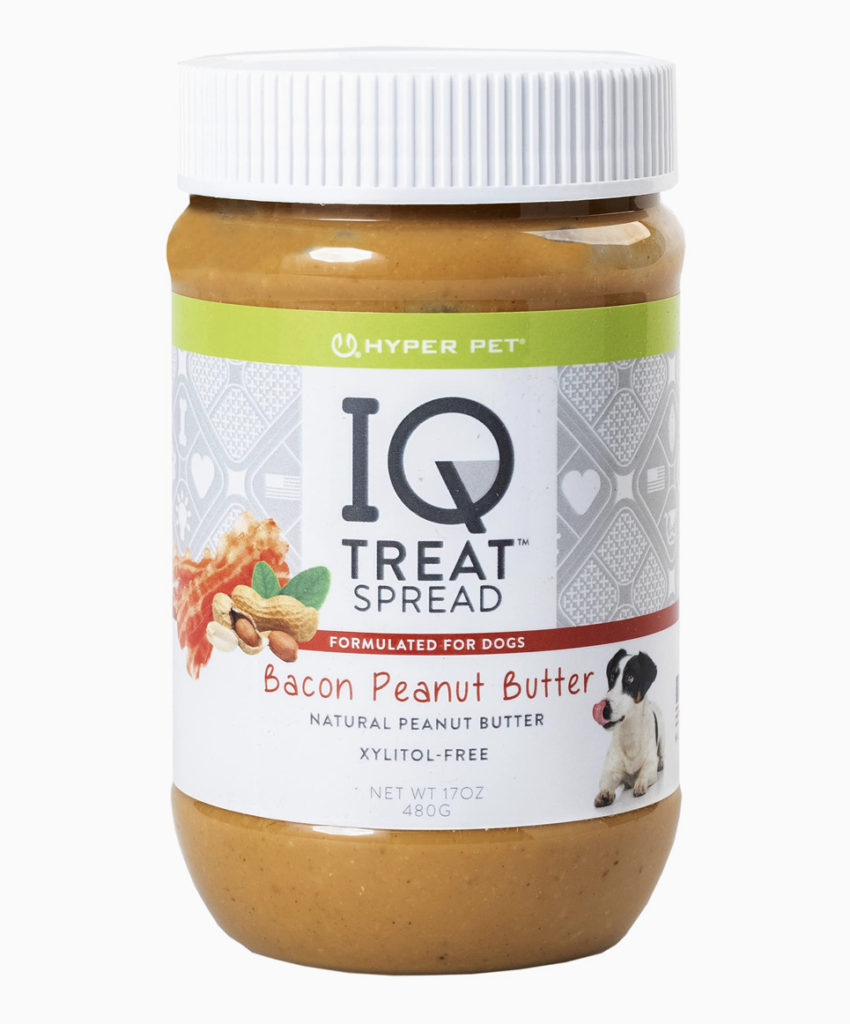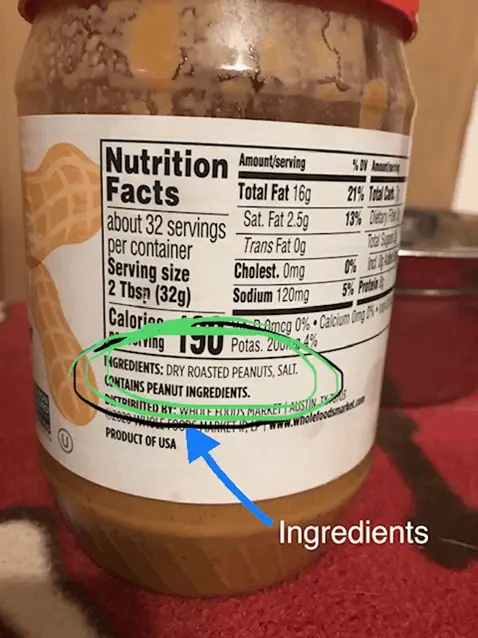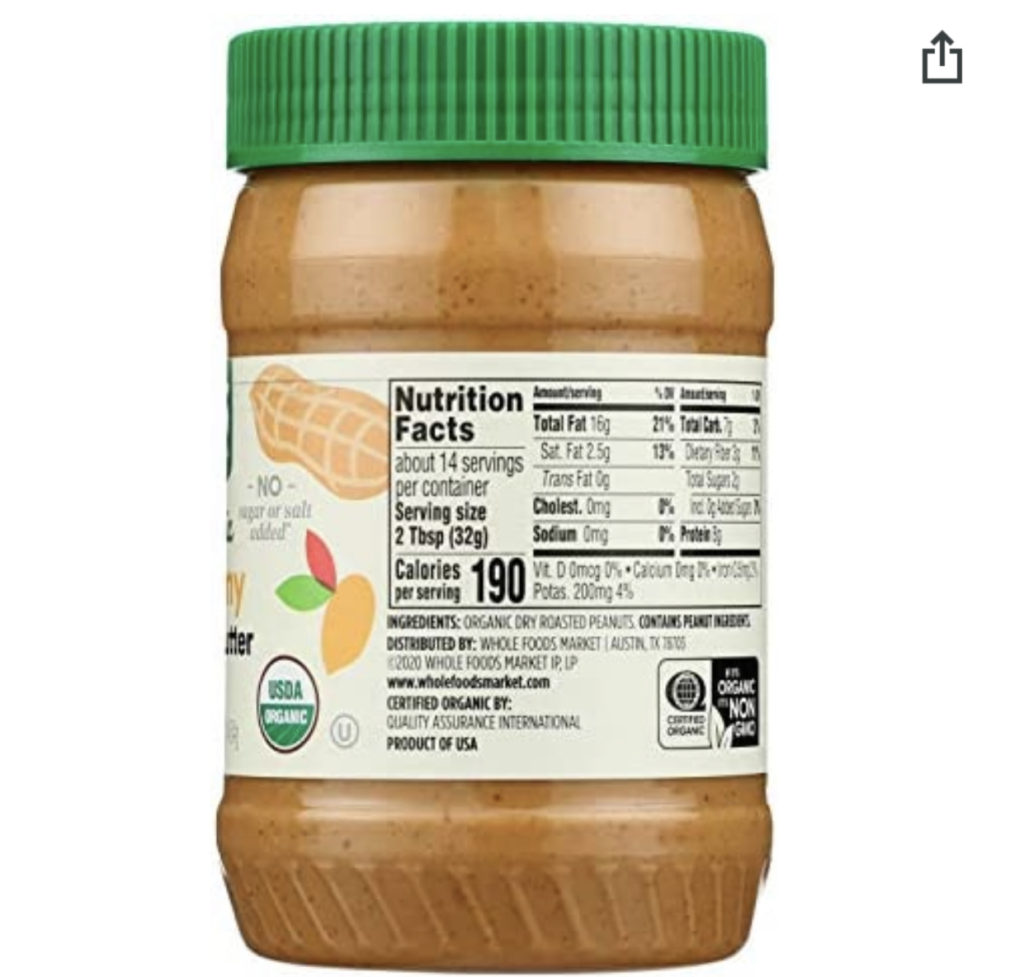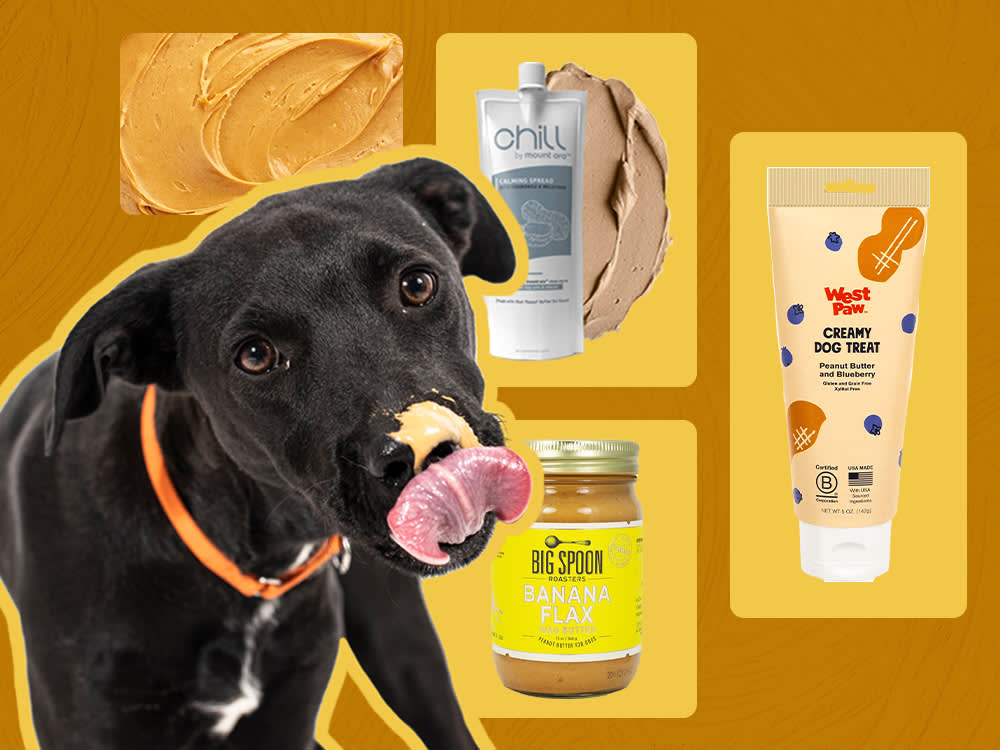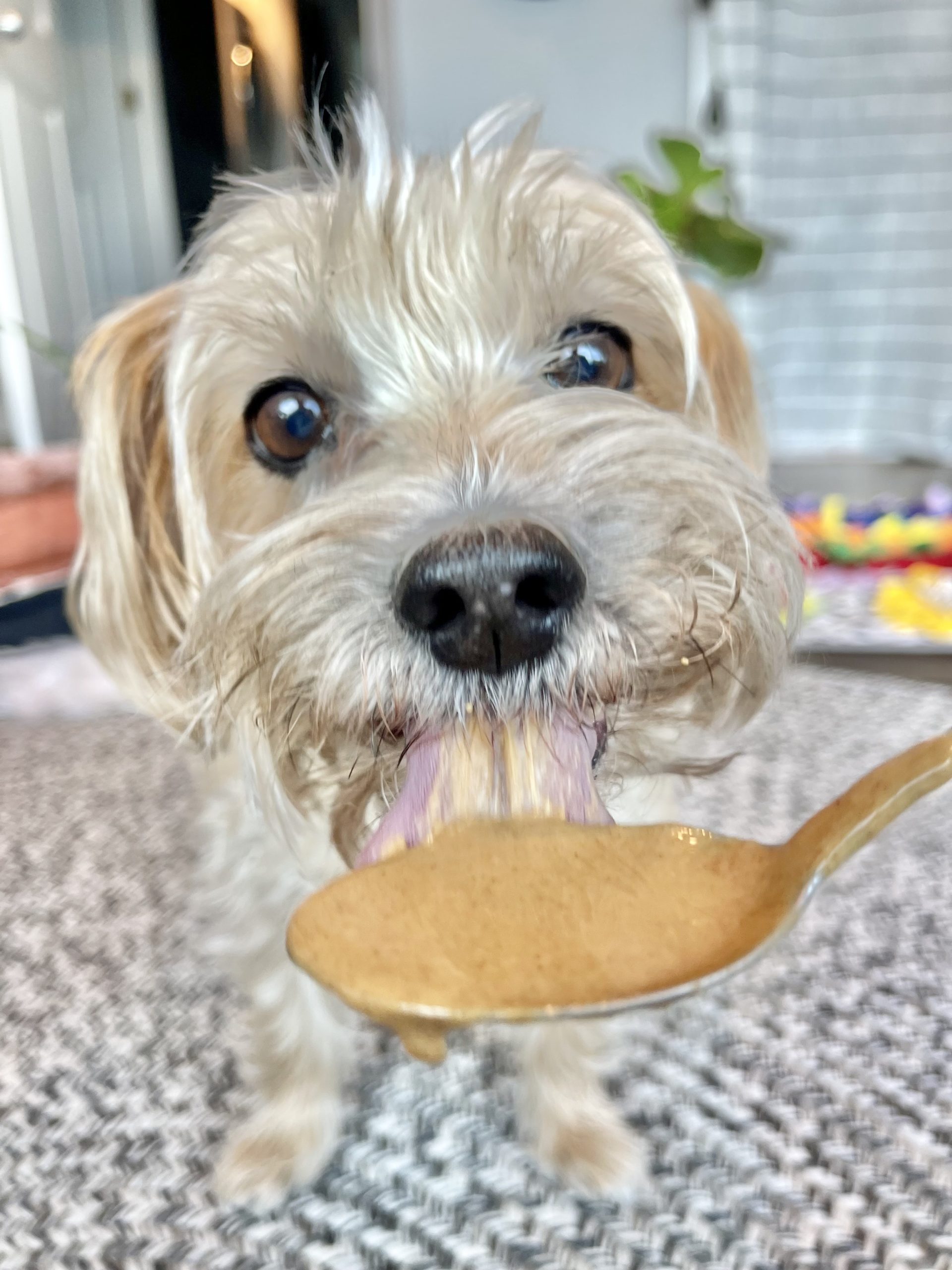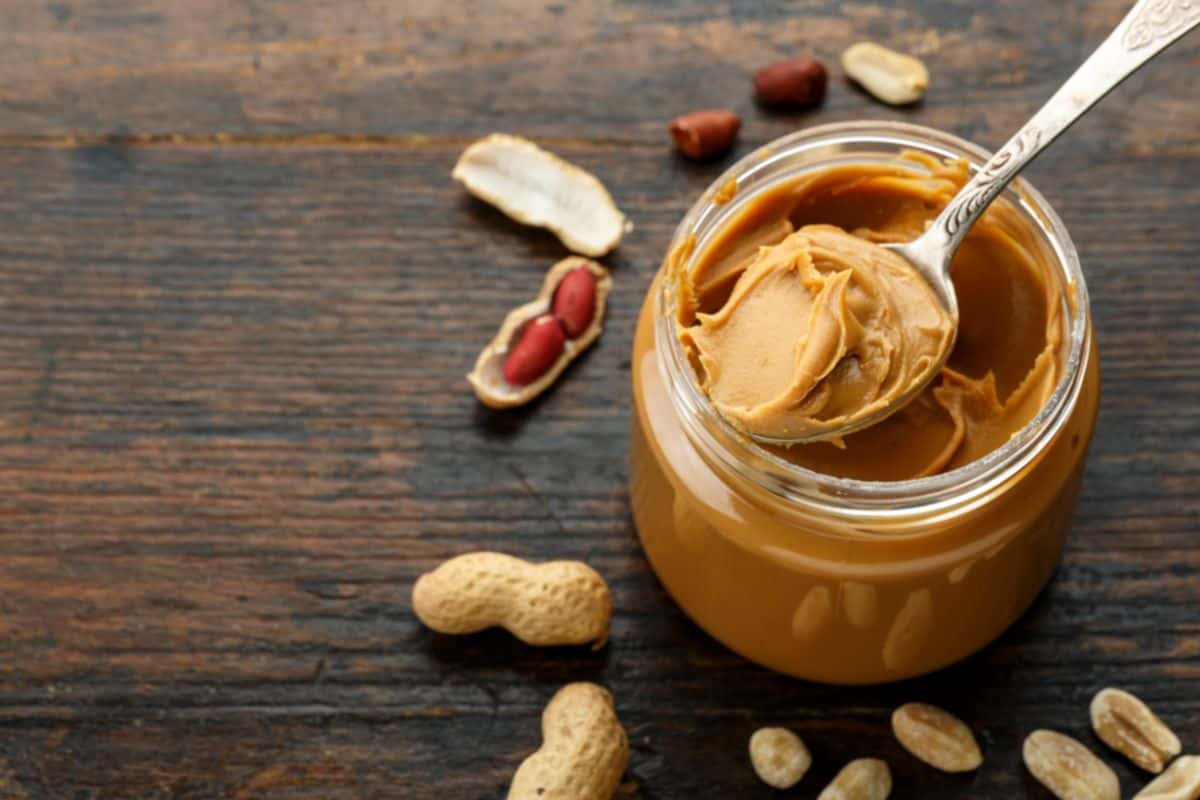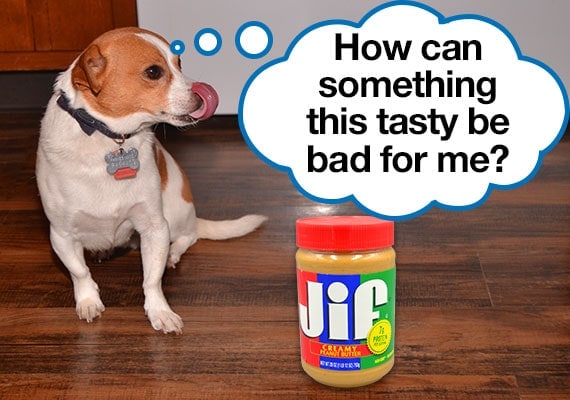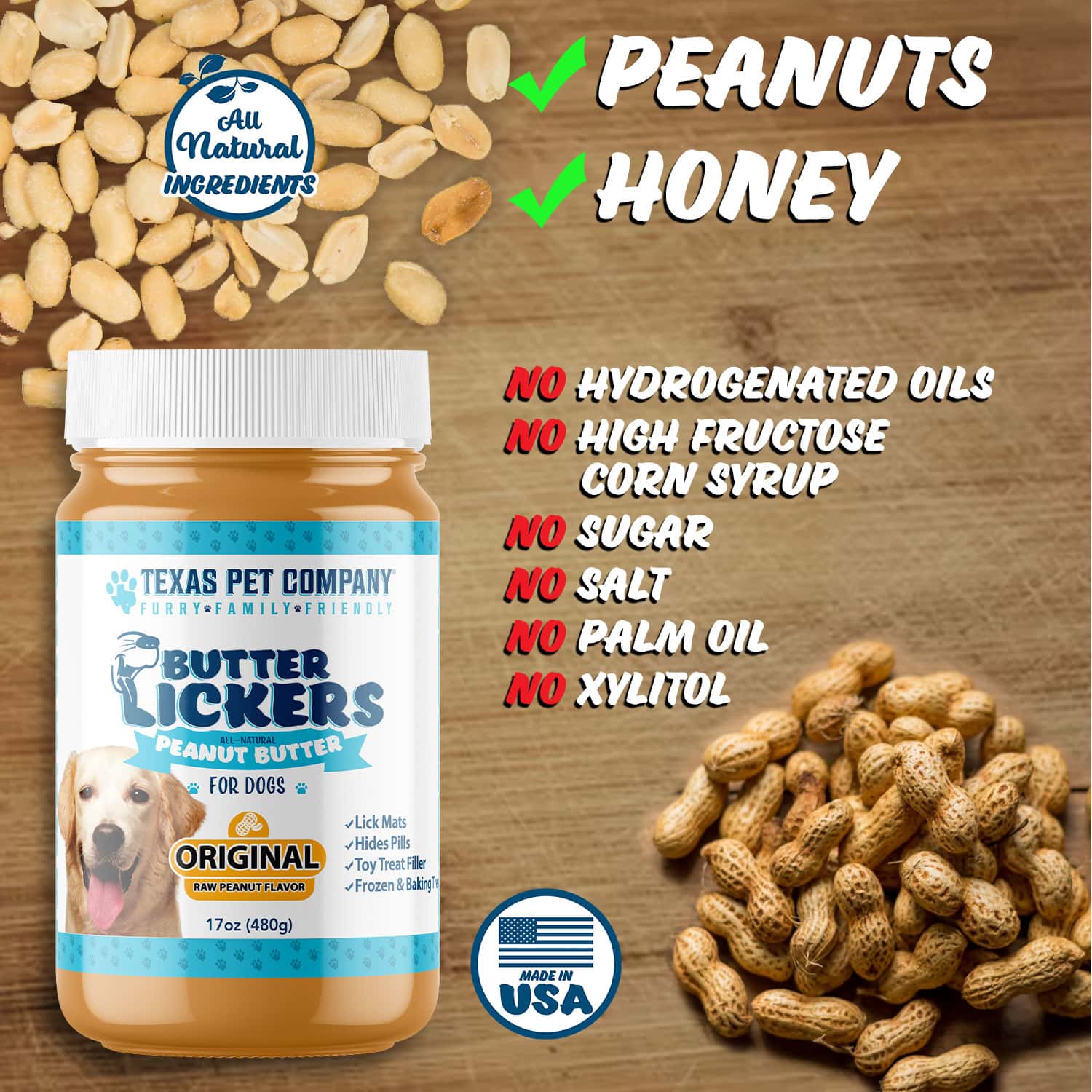Which Brands Of Peanut Butter Are Safe For Dogs
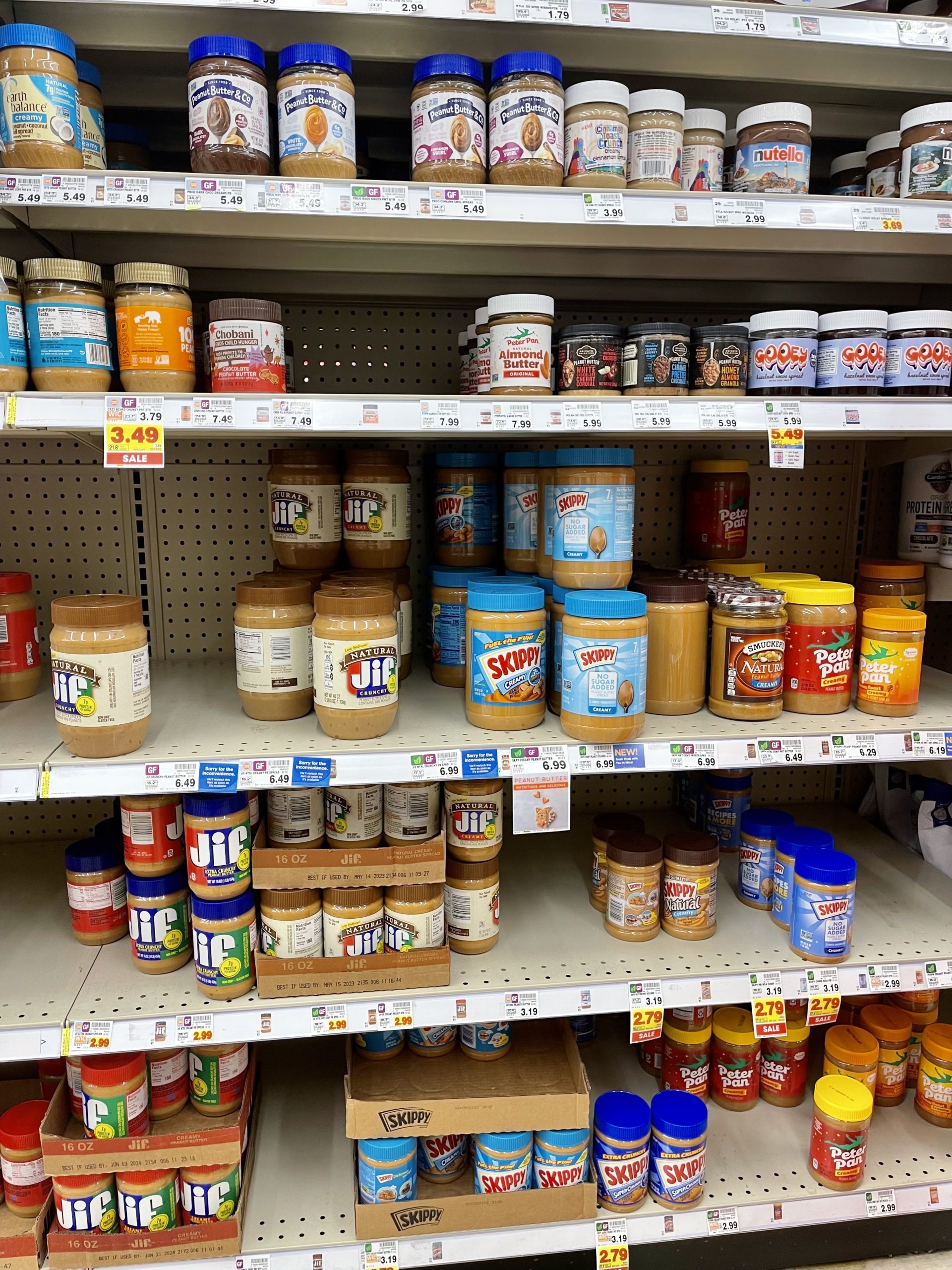
The innocent lick of a spoon, the satisfying smear on a toy – peanut butter is a beloved treat for many dogs. However, this seemingly harmless snack can harbor a hidden danger, turning a moment of joy into a potential veterinary emergency. The culprit? Xylitol, a sugar substitute increasingly found in certain brands, and deadly to canines.
This article aims to provide a comprehensive guide to peanut butter safety for dogs. We will explore which brands are safe, which to avoid, and how to ensure your furry friend enjoys this treat without risking their health. We will be relying on information from veterinary experts, brand statements, and ingredient lists, providing a resource for responsible pet owners.
Understanding the Xylitol Threat
Xylitol is a sugar alcohol used as a sweetener in many products, from sugar-free gum to baked goods. While safe for humans, even small amounts of xylitol can be fatal to dogs.
According to the ASPCA, xylitol consumption in dogs can cause a rapid release of insulin, leading to a dangerous drop in blood sugar (hypoglycemia). It can also cause liver failure.
Symptoms of xylitol poisoning include vomiting, weakness, loss of coordination, seizures, and even death. If you suspect your dog has ingested xylitol, immediate veterinary attention is crucial.
Safe Peanut Butter Brands for Dogs
Fortunately, many peanut butter brands are perfectly safe for dogs, containing only peanuts and perhaps a small amount of salt. Checking the label is absolutely critical.
Here are some brands generally considered safe, but always verify the ingredient list:
- Smucker's Natural Peanut Butter: Their natural varieties typically contain only peanuts and salt.
- Crazy Richard's 100% Peanuts Peanut Butter: As the name suggests, it contains only peanuts.
- 365 Everyday Value (Whole Foods Market): Their organic peanut butter is usually a safe option, but double check the label.
Homemade peanut butter, made with just peanuts in a food processor, is also a safe alternative. This ensures complete control over the ingredients.
Peanut Butter Brands to Avoid
The brands that contain xylitol pose the greatest risk to dogs. Always scrutinize the ingredient list, as formulations can change.
Avoid any peanut butter that lists xylitol, birch sugar, or any other artificial sweetener. Some brands to be especially cautious with include:
- Go Nuts, Co.: Some flavors contain xylitol.
- Krush Nutrition: Explicitly uses xylitol in their peanut butter products.
- P28 Foods: While geared toward fitness enthusiasts, some products contain xylitol.
Even if a brand was previously safe, always recheck the label before giving it to your dog. Manufacturers can alter their recipes.
Reading the Label: The Key to Safety
The most important step in ensuring your dog's safety is diligently reading the ingredient list on every jar of peanut butter. Do not rely solely on brand reputation.
Look for a short ingredient list that ideally contains only peanuts and possibly salt. Avoid anything labeled "sugar-free," "reduced sugar," or "diet," as these are more likely to contain artificial sweeteners.
Even a tiny amount of xylitol can be harmful. Err on the side of caution and choose a different brand if you are unsure.
Veterinarian Advice and Recommendations
Veterinarians strongly advise pet owners to be vigilant about xylitol exposure. They recommend keeping all products containing xylitol out of reach of dogs.
According to Dr. Emily Carter, a veterinary toxicologist, "Prevention is key when it comes to xylitol poisoning. Always check labels carefully and keep products containing xylitol in secure locations."
If you are unsure about a particular peanut butter brand, consult with your veterinarian for guidance. They can provide personalized recommendations based on your dog's specific health needs.
Beyond Xylitol: Other Considerations
While xylitol is the primary concern, there are other factors to consider when feeding peanut butter to your dog.
Peanut butter is high in fat and calories. Excessive consumption can contribute to weight gain and pancreatitis.
Some dogs may be allergic to peanuts. Introduce peanut butter gradually and monitor for any signs of an allergic reaction, such as itching, hives, or digestive upset.
The Future of Peanut Butter Safety
Consumer awareness regarding the dangers of xylitol for dogs is growing. Hopefully, this will incentivize manufacturers to clearly label products with warnings.
Increased transparency in ingredient labeling is crucial. Stricter regulations regarding the use of xylitol in pet-related products could further enhance safety.
Ultimately, the responsibility lies with pet owners to be informed and proactive in protecting their furry companions.
By carefully selecting peanut butter brands and diligently reading labels, dog owners can ensure that this popular treat remains a safe and enjoyable part of their pet's life. Remember, a moment of vigilance can prevent a lifetime of heartache.
